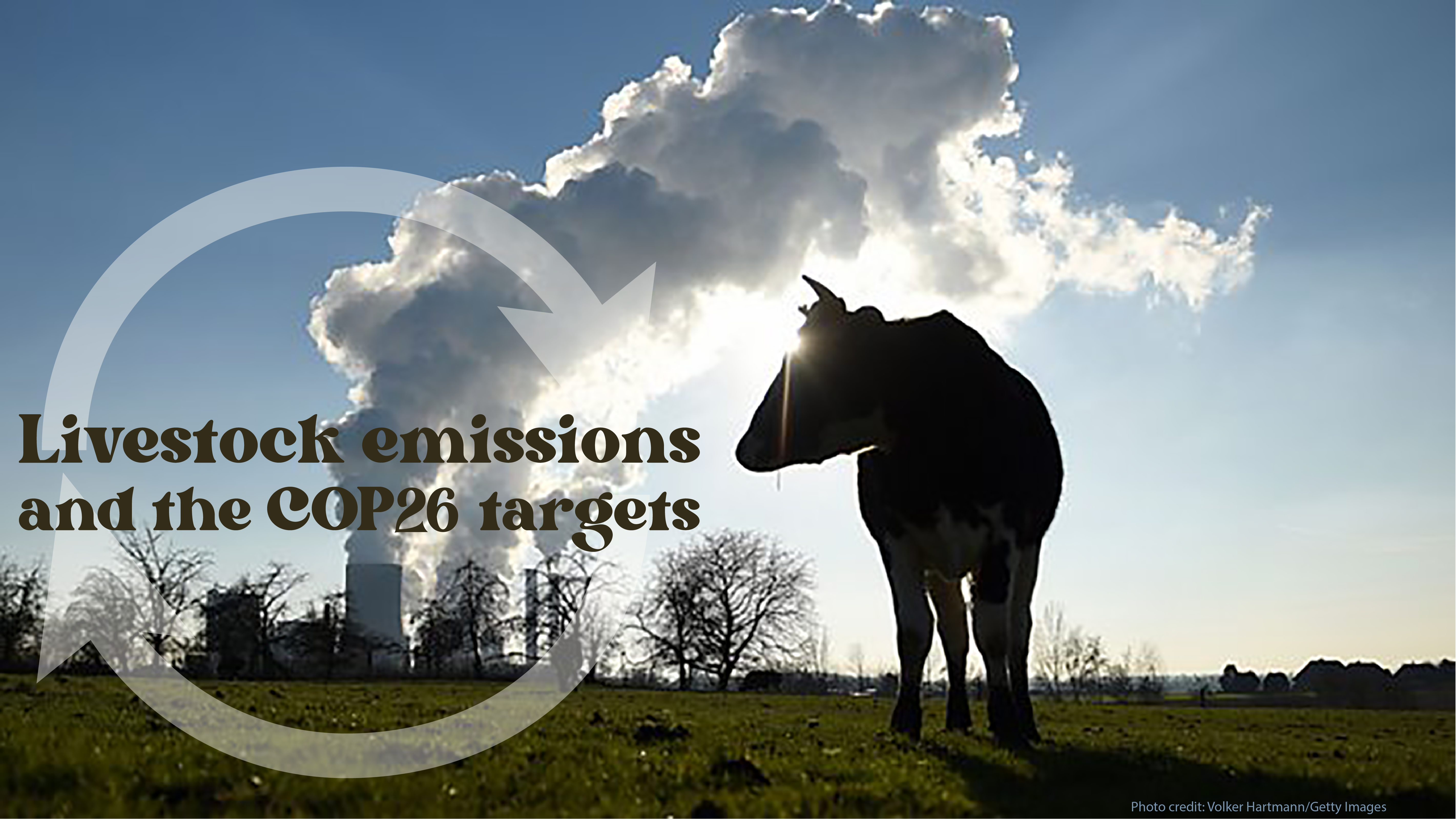Topic 2022

Greenhouse gas (GHG) emissions are among the greatest challenges faced by livestock farming that has become an issue of the greatest importance for consumers and policy makers. At the same time, livestock has a strong mitigation potential: “improved management practices could reduce emissions from livestock systems by about 30%”, says FAO.
Several reports have been recently published among international organisations (IPCC, FAO, DG Agri…) that may lead to decision making in the coming months with impacts on the livestock sector.
The ATF would like to draw a state of the art on GHG emissions from livestock, the role of methane, the different metrics to measure emissions and mitigation levers at various scales, inviting international organisations, research organisations, farmers, industries, NGOs and policy makers.
2nd ATF-LFS one-day symposium
Monday 05 September 2022 – EAAP2022 – Porto, Portugal (sessions 2 & 13)
Since 2013, the ATF-EAAP Special Session during the EAAP Annual Meeting aims to bring together animal science with practice of animal production and connect researchers, policymakers, industry representatives and societal organisations. Every year, a different topic is addressed during this session.
In 2021, the EAAP Livestock Farming Systems Study Commission and the ATF Special Session have joined into a one-day symposium. In 2022, they have decided to continue the collaboration.
Welcome & Introduction, by Frank O’Mara, ATF President & Michael Lee, President of the EAAP LFS Study Commission
State of policies and research about climate impacts from livestock, metrics & mitigation options
- IPCC AR6 Working Group III report: overview of agricultural sector GHG emissions, by Harry Clark, NZAGRC
- FAO report: Technical Advisory Group on Methane emissions from the livestock systems and Working group on metrics, by John Lynch, Oxford University
- EU policy tools to decrease emissions from the livestock sector, by Valeria Forlin, DG Clima, Unit C3: Low Carbon Solutions (III): Land Economy & Carbon Removals & Andreas Pilzecker, DG Agri, Unit B2 – Environmental sustainability
- Global Research Alliance on Agricultural Green House Gases GRA-GHG, by Hayden Montgomery, Special Representative of the GRA
- Production profiles and GHG emissions – pilot study on farm practices towards circular bioeconomy, by Dana Peškovičová, NPPC
- Territorial-scale trade-offs of livestock performance: cattle diet composition perspective, by Ruizhen Wang, INRAE
- State of the art in Research and Innovation – Nutrition and supplements, by John Newbold & Jamie Newbold, SRUC
- Research and innovation for climate change mitigation from an animal breeding perspective, by Oscar Gónzález Recio, INIA-CSIC
- State of the art in Research and Innovation – Manure management, by Henrique Trindade, UTAD & David Fangueiro, ISA
- PANEL DISCUSSION with
- David Yañez-Ruiz, CSIC with a 5-minute presentation of “Re-Livestock”
- Ana Granados, EFFAB/FABRE TP: Review of research in genetics from the WCGALP2022, World Congress on Genetics Applied to Livestock Production
- Michael Lee, Harper Adams University as representative from BSAS2022, British society of Animal Science Conference
- Nicolas DiLorenzo, University of Florida, as representative from GGAA2022, International Greenhouse Gas and Animal Agriculture Conference
Moderation by Tommy Boland, EAAP LFS Study Commission and Ana Sofia Santos, ATF Vice-president
GHG emissions mitigation in practice
- At farm gate: feed systems, increased soil carbon sequestration and energy production, by Anne-Catherine Dalcq, CEJA
- Breeding towards efficiency in Finnish dairy and beef cattle improves environmental performance, by Sanna Hietala, LUKE
- GHG emissions mitigation in practice: a Dutch farmer with monogastrics & ruminants, by Iwan Gijsbers, ZLTO
- Vision industry: Danone & its project that aims to support French dairy farmers in their Carbon footprint reduction, by Maëline Baudet, Danone
PANEL DISCUSSION with speakers and the audience
Moderation by Tommy Boland, EAAP LFS Study Commission and Ana Sofia Santos/Ana Granados, ATF Vice-presidents
- State of implementation of good practices in various EU projects, by Josselin Andurand, IDELE
- Time off feed affects enteric methane and rumen archaea, by Stuart Kirwan, Teagasc
- Alentejo’s beef farms economic and environmental performance through a regionally developed decision, by Manuel Dos Santos, Técnico Lisboa
- Phytochemical and in vitro methane inhibition of plant extracts as influenced by extractive solvents, by Abubeker Hassen, University of Pretoria
- Considerations from modelling UK livestock farming: How farmers can reduce emissions, by Harry Kamilaris, CIEL
- Closing remarks, by Frank O’Mara, ATF President & Michael Lee, President of the EAAP LFS Study Commission
12th ATF seminar
Thursday 17 November 2022 – Brussels, Belgium + online
Welcome & introduction, by Frank O’Mara, ATF President
- Outcomes of the ATF-EAAP LFS Symposium, September 5th, 2022: Important messages & gaps in the discussion, by Frank O’Mara, ATF President & Michael Lee, President of the EAAP Commission on Livestock Farming Systems
- Public policies: vision policy maker, by Colm Markey, Member of the European Parliament – Committee on Agriculture and Rural Development
Policies and research: where do we stand?
- EU policy tools to decrease emissions from the livestock sector, by Valeria Forlin, DG Clima, Unit C3: Low Carbon Solutions (III): Land Economy & Carbon Removals
- Taking another look at methane, by Michelle Cain, Cranfield Environment Centre
- Reduction and mitigation measures for livestock, by John Roche, Chief Science Adviser at New Zealand Ministry for Primary Industries (MPI) and Director of MPI On-Farm Support Services
Strategies in practice: input from the field
- Animals genetics, by Nicolas Gengler, Universty of Liège
- Feed additives, by Sinéad Waters, Teagasc & Livestock Research Group of the GRA
- Farming practices, by Thomas Duffy, CEJA
- Dairy industry: use of an additive to reduce enteric methane, by Simon Bonnet, BEL Group
PANEL DISCUSSION – moderated by Ana Sofia Santos & Ana Granados – with the audience and
- John Roche, MPI
- Michelle Cain, Cranfield Environment Centre
- Wolfgang Burtscher, European Commission – Director General DG AGRI
- Pablo Manzano, Basque Centre for Climate Change
Closing remarks, by Frank O’Mara, ATF President
